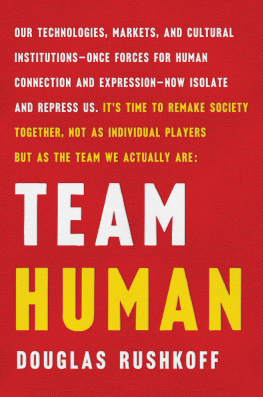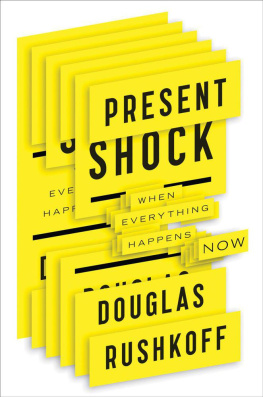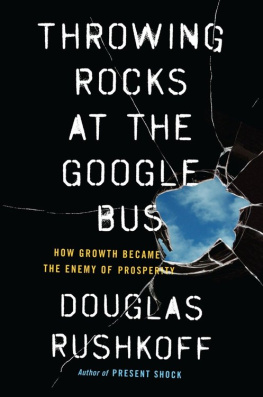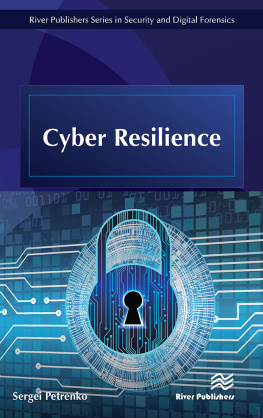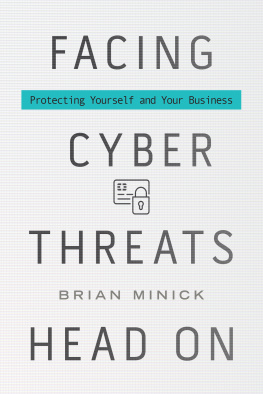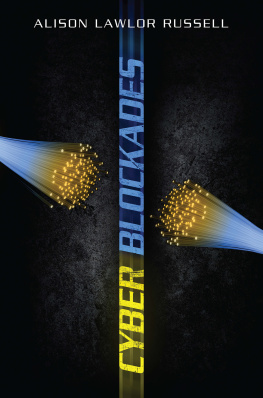Preface to the 1994 paperback edition
A lot has happened in the year or so since I wrote this book. More than usually happens in a year. Thanks to technologies like the computer, the modem, interactive media, and the Internet, we no longer depend on printed matter or word of mouth to explore the latest rages, innovations, or discoveries. By the time a story hits the newstands, most insiders consider it old news" and are already hard at work on the next flurry of culture-bending inventions and activities.
Cyberia is about a very special moment in our recent history -- a moment when anything seemed possible. When an entire subculture -- like a kid at a rave trying virtual reality for the first time -- saw the wild potentials of marrying the latest computer technologies with the most intimately held dreams and the most ancient spiritual truths. It is a moment that predates America Online, twenty million Internet subscribers, Wired magazine, Bill Clinton, and the Information Superhighway. But it is a moment that foresaw a whole lot more.
This book is not a survey of everything and everyone cyber" but rather a tour through some of the regions of this new, fledgling culture to which I was lucky enough to gain access. Looking back, it is surprising to see how many of these then-absurd notions have become accepted truths, and disheartening to see how many of the most optimistic appraisals of our future are still very far from being realized.
Cyberia follows the lives and translates the experiences of the first few people who realized that our culture was about to take a leap into the unknown. Some of them have succeeded beyond their wildest expectations and are now practically household names. Others have met with catastrophe. Still others have simply faded from view, their own contributions to the cyberian renaissance already completed.
The people in this book, and thousands of others like them around the world, understand the implications of our technologies on our culture, thought systems, spiritual beliefs, and even our biological evolution. They still stand as the most optimistic and forward-thinking appraisers of our civilization's fate. As we draw ever nearer to the consensually hallucinatory reality for which these cyberians drew the blueprints, their impressions of life on the edge become even more relevant for the rest of us. And they make more sense.
Douglas Rushkoff
New York City, 1994
CHAPTER 18
May the Best Meme Win
It's by using the technologies and pathways laid down by promoters of control that cyberians believe they must conduct their revolution. The massive television network, for example, whose original purpose was to sell products and--except for a brief period during the Vietnam war--to manufacture public consent for political lunacy, has now been coopted as a feedback mechanism by low-end home video cameramen. Coined Video Vigilantes'' on a Newsweek cover, private citizens are bringing reality to the media. When a group of cops use excessive force on a suspect, chances are pretty good that someone with a camcorder will capture the images on tape, and CNN will have broadcast it around the world within a couple of hours. In addition, groups such as Deep Dish TV now use public access cable channels to disseminate convincing video of a reality quite different from the one presented on the network newscasts.
The gun used to be the great equalizer,'' explains Jack Nachbar, professor of popular culture at Bowling Green University, in reference to camcorders. "You can say this is like the new six gun, in a way. It can really empower ordinary people.'' Police departments now bring their own video cameras to demonstrations by groups like DIVA (Damned Interfering Video Activists) in order to make a recording of their own side of the story. The new war--like Batman's media battle against the Joker--is fought not with conventional weapons but with images in the datasphere. The ultimate weapon in Cyberia is not the sword or even the pen but the media virus.
The media virus is any idea that infiltrates the host organism of modern society. It can be a real thing, like Mark Heley's Smart Bar, which functions on an organic level yet also acts as a potent concept capable of changing the way we feel about drugs, health care, and intelligence. A virus can also be a pure thought or idea, like Gaia'' or "morphic resonance,'' which, when spread, changes our model of reality. The term virus itself is a sort of metamedia virus, depicting society as a immunodeficient host organism vulnerable to attack from better'' thoughts and messages. A virus contains genetic code, what cyberians call "memes,'' which replicate throughout the system as long as the information or coding is useful or even just attractive. Cyberian activists are marketing experts who launch media campaigns instead of military ones, and wage their battles in the territory of cyberspace. How the computer nets, news, MTV, fashion magazines, and talk show hosts cover a virus will determine how far and wide it spreads.
The public relations game is played openly and directly in Cyberia. As we've seen, people like Jody Radzik, Earth Girl, and Diana see their marketing careers as absolutely compatible with their subversive careers. They are one and the same because the product they market--house culture--is a media virus. The fuel that's going to generate the growth of this culture is going to be trendiness and hipness,'' Radzik says. "We're using the cultural marketing thing against itself.'' So, to be hipper and trendier, people buy Radzik's clothing and are exposed to the memes of house culture: fractals, chaos, ecstasy and Ecstasy, shamanism, and acceptance. Making love groovy.
But older, more practical generations cannot be so easily swayed by fashion or hipness. Cyberians who hope to appeal to this market segment use different sorts of viruses--ones that are masked behind traditional values, work ethics, and medical models. Michael Hutchinson, author of The Book of Floating, Megabrain, and Sex and Power, makes his living distributing information about brain machines and other stress-reduction devices. He is a tough and determined New Yorker dressed in local Marin County garb: pastels, khaki, and tennis shoes. Similarly, the cyberian motives behind his stress-reduction'' systems are dressed in quite innocent-sounding packaging.


